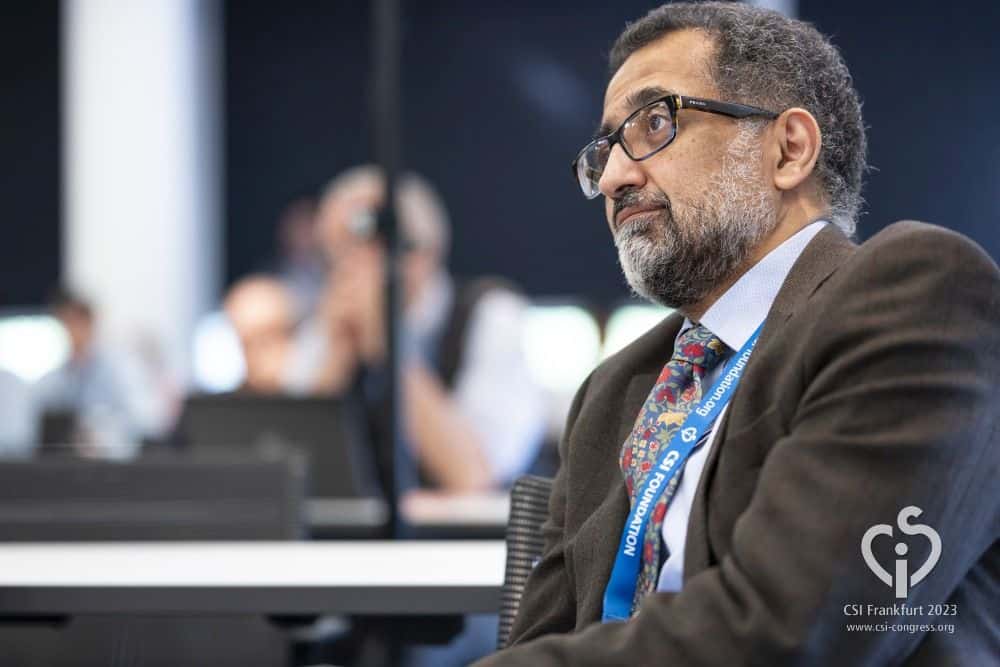This study was conducted in the electrophysiology labs at Imperial College, London. Patients were fitted with a multi-electrode vest, which was used to accurately localize the origin of ventricular ectopy. This approach was particularly useful for patients who had low ventricular ectopy burden on the day, allowing localization and effective ablation treatment, based on the presence of a single ectopic beat, which may have been recorded before the patient attended the catheter lab. Out of 24 patients treated succesfully, 6 patients had previously undergone failed ablation procedures, and all 6 were free of symptoms at 1 year follow-up This novel treatment approach has the potential to improve success rates in outflow tract ventricular tachycardia / ectopy, and we continue to use this new technology routinely for patients referred for ablation for ventricular ectopy at Imperial College. P Boon Lim Consultant Cardiologist and Electrophysiologist Imperial College Healthcare NHS Trust London

